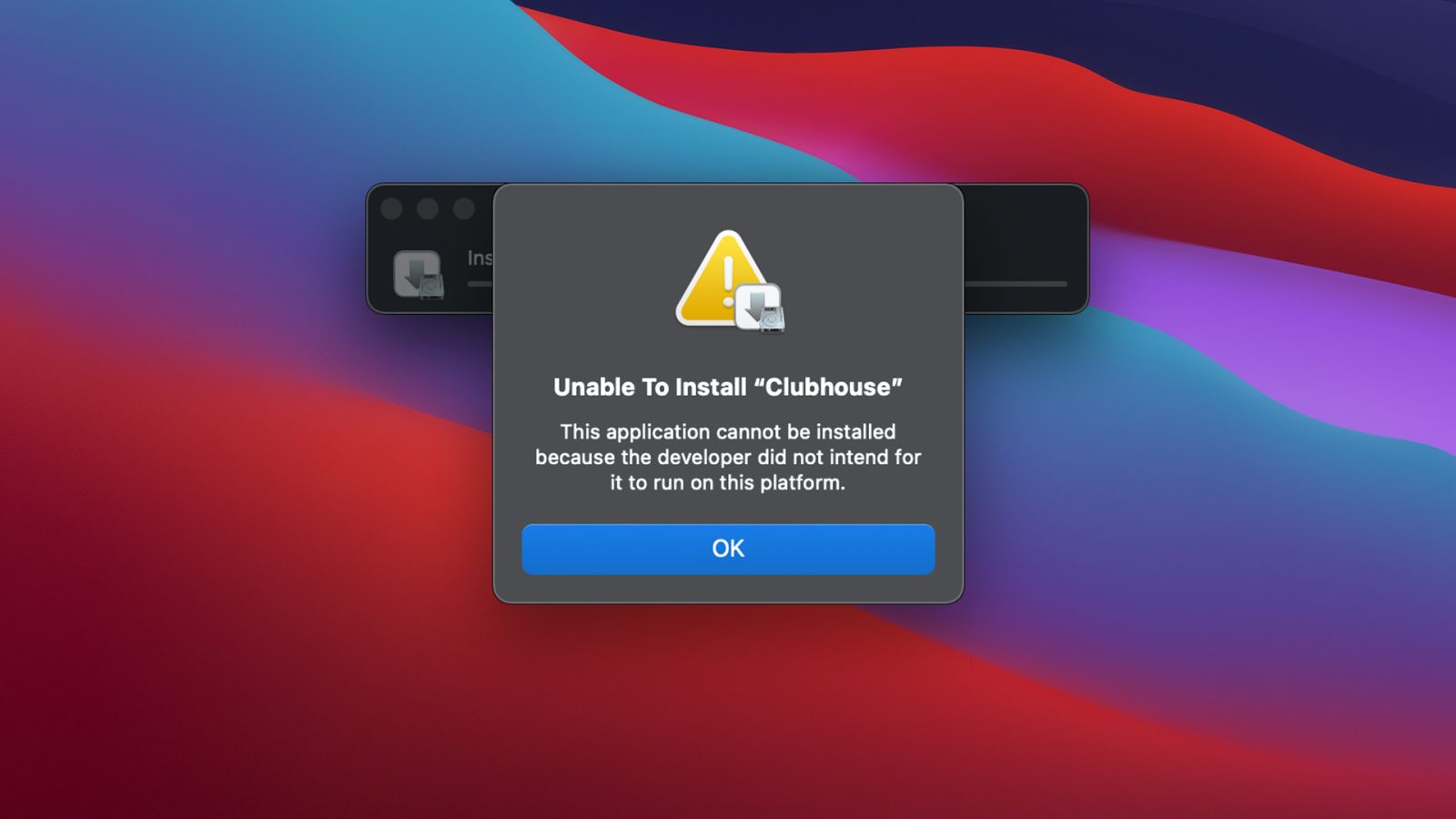Apple’s new Mac devices are powered by the M1 chipset, based on Apple Silicon which means that it now uses ARM architecture instead of Intel. Among several advantages of using ARM is the ability to use mobile apps on laptops.
However, with the latest update of the macOS Big Sur, Apple has again blocked users from sideloading iOS applications on Mac devices powered by the M1 chipset. This means that users won’t be able to install iPhone and iPad apps on new Mac devices.

The company made a similar move in which it barred manual installation of iOS and iPadOS apps in the month of January with server-side protections. However, the restrictions were lifted around four days later.
A report from 9to5Mac confirms that the latest version of macOS Big Sur 11.2, which was issued last week, again activates the server-side block. The tests also show that the sideloading policy extends to the current macOS 11.3 beta.
As noted earlier, the new Apple M1 chip comes with an architecture similar to the company’s A-series silicon. This makes it easier to run existing iOS apps on the desktop platform. However, developers who do not wish to allow their apps on macOS can opt-out.
RELATED:







